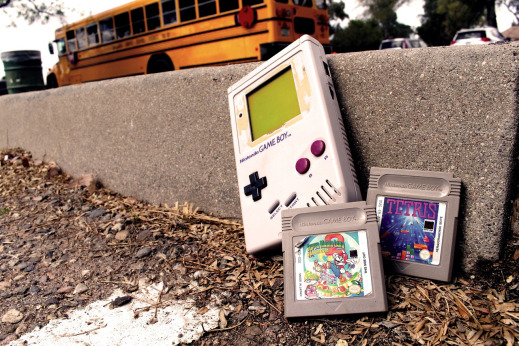Latest News Update
Retro Game News
Steam Deck News
Full Article Feed
Quest 64: A Forgotten RPG with Flawed Potential
Released in 1998, Quest 64 holds the distinction of being one of the first RPGs on the Nintendo 64, a console that was sorely lacking in RPG offerings. Developed by Imagineer, the game attempted to bring a classic RPG experience to Nintendo's 3D powerhouse. However, its rushed development, underwhelming story, and various gameplay quirks left it far behind the more polished RPGs of its time, such as Final Fantasy VII on the PlayStation.
Development and Ambitions
Originally titled Eltale Monsters in Japan, Quest 64 was meant to capitalize on the hunger for RPGs on the N64. Imagineer aimed to create an expansive, fully 3D world that took advantage of the console's capabilities. While the game did deliver in terms of scale, with large open environments and an immersive 3D experience, the execution fell flat in other critical areas like storytelling and combat. Quest 64 follows Brian, a young apprentice mage on a quest to find his father and recover magical crystals that represent the world's elements. Despite its interesting premise, the story remains shallow, linear, and devoid of character development, which limits its appeal compared to RPGs like Final Fantasy or Chrono Trigger.
Combat and Mechanics: A Mixed Bag
One of the game's most unique features was its combat system, which combined turn-based mechanics with the ability to move around a battle area. Players could attack with Brian’s staff or cast elemental spells, and the more they used a particular skill or spell, the stronger it would become. While this system was novel at the time, it suffered from balance issues, with some spells being overpowered while others were almost useless The unconventional leveling system, where stats increased based on how often they were used, also added a layer of customization. However, the high encounter rate, lack of in-game currency, and repetitive battles made gameplay feel tedious. This led to frustration for many players, particularly early in the game, when Brian is underpowered and battles feel more like a chore than a challenge.
Reception and Legacy
Despite its flaws, Quest 64 managed to sell relatively well, largely because it was one of the few RPGs available on the N64. It sold over 470,000 copies, a surprising figure considering its critical reception. Most reviews were middling to negative, with Nintendo Power famously comparing the game to "a trip to the dentist". The game’s commercial success led to the announcement of a sequel, Quest 2, which never materialized. Two spin-offs were released on the Game Boy Color, but neither captured much attention. Over time, Quest 64 became more of a curiosity—a game remembered for what it could have been rather than what it was.
Quirks and Forgotten Potential
What Quest 64 lacked in depth, it made up for in charm. The game’s colorful visuals, large environments, and creative monster designs are still fondly remembered by some fans. It also featured an innovative magic system and an impressive day-night cycle, both of which were ahead of their time for a console RPG. Unfortunately, these innovations were overshadowed by the game’s many shortcomings. While a remaster or remake is unlikely, Quest 64 has gained a certain cult status over the years. Its flaws are often discussed in gaming circles, and some hope it could find new life as part of Nintendo’s retro offerings on platforms like the Switch. In the end, Quest 64 represents a unique moment in RPG history—a game that dared to dream big but failed to fully realize its potential. For those curious about early 3D RPGs or nostalgic for the N64 era, it’s worth a look, even if just to understand why it never became a classic.







